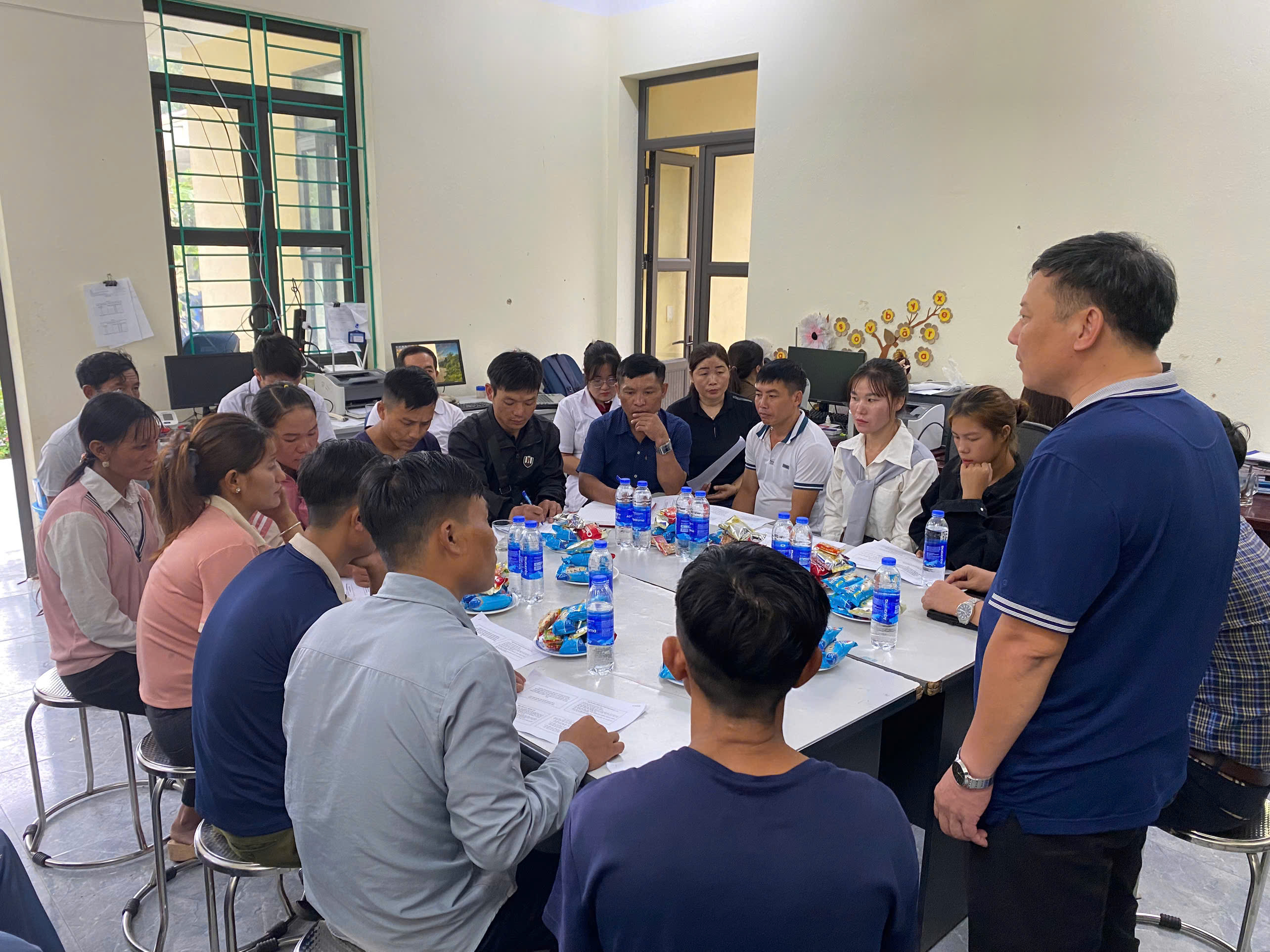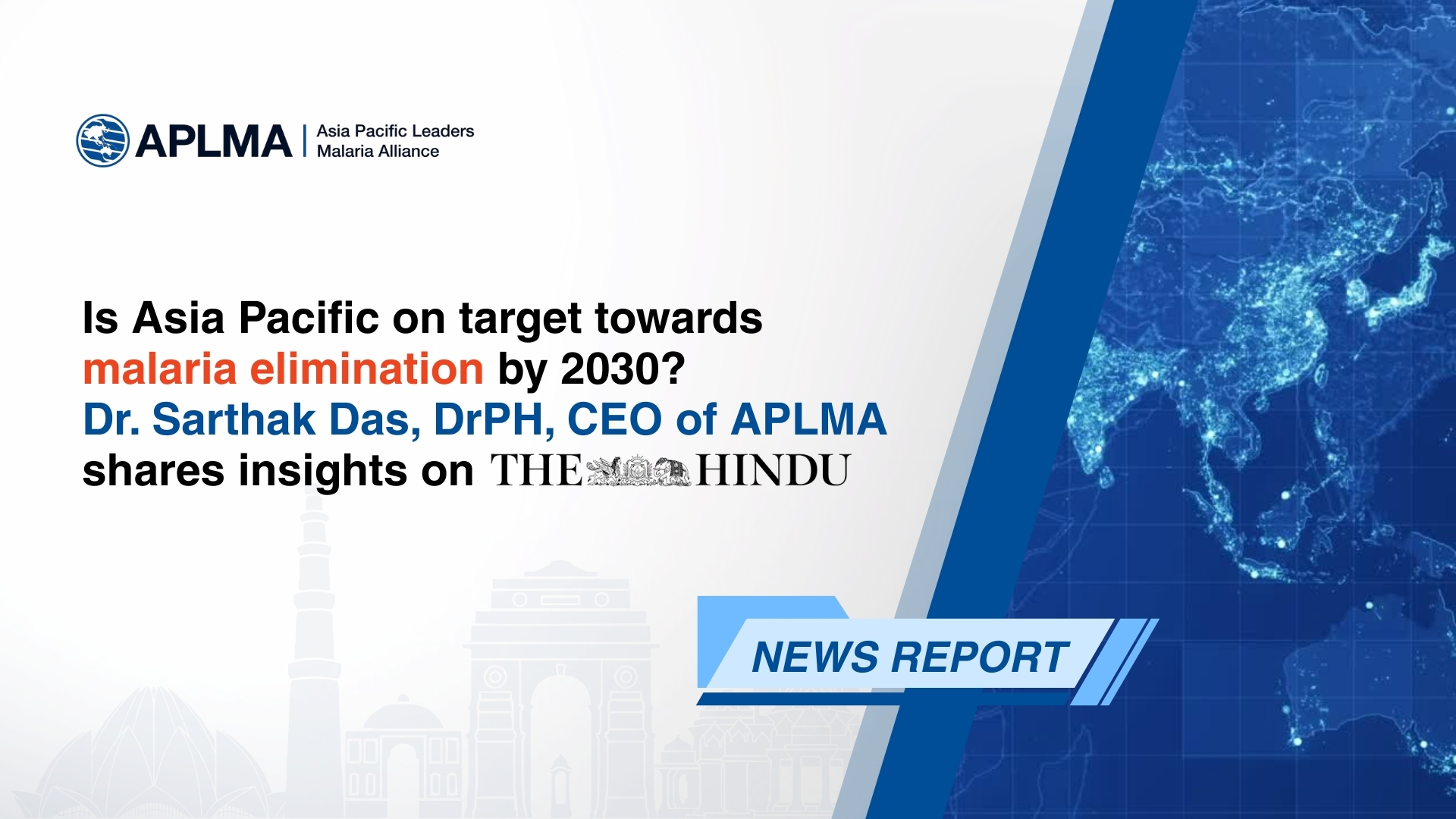
M2030 Japan was launched this week in Tokyo at the latest “ZERO Malaria: What Can We Do from Japan?”The event was co-hosted by Malaria No More Japan as part of their ZERO Malaria 2030 Campaign and Asia Pacific Leaders Malaria Alliance (APLMA). It was an opportunity to discuss and explore how Japanese companies can help end malaria in Asia Pacific by 2030. The launch of M2030 Japan was led by M2030 partners Sumitomo Chemical, Dentsu, and Sompo Insurance Indonesia. Participants from across the entire malaria community in Japan were in present, including members of academia, international organizations, the private sector, and the national diet.
Dr. Keizo Takemi, member of the Japanese House of Councillors and WHO Goodwill Ambassador for Universal Health Coverage, opened the event with a keynote speech highlighting the three most important issues for Japan’s role in malaria elimination.
The first issue is the need to continue providing political commitment and leadership to implement effective policies for malaria elimination, which involves coordination between both the public and private sector.
The second issue is that the Japanese private sector needs to continue to innovate by improving on current technologies for malaria diagnosis, prevention, and treatment.
Finally, the quality of elimination efforts needs to be improved by increasing access to malaria testing and treatment, and also by securing domestic funding to fight malaria in the countries where it is still a threat.
The discussion subsequently focused on what Japan is currently doing to support the fight against malaria.
Ruby Shang, Chair of the Asia Pacific Leaders Malaria Alliance Board (APLMA), highlighted the role of APLMA and Japan’s leadership in fighting malaria in Asia Pacific.
Patrik Silborn, Head of External Relations at APLMA, announced the launch of M2030 Japan, and described how companies in Japan and throughout Asia can demonstrate private sector leadership for malaria elimination by joining the M2030 movement. He explained how M2030 provides an effective model for companies to make a positive impact, stating, "Many businesses are inspired by the goal of ending malaria. But they need a vehicle for making a positive contribution. This is the origin of M2030.”
The speaking segment of the event culminated with a line up of M2030 Japan’s partners: Sumitomo Chemical, Dentsu, and Sompo Insurance Indonesia. Ray Nishimoto, Executive Vice President of Sumitomo Chemical Co., Ltd, and Board Member of Malaria No More Japan as well as a member of the M2030 Champions Council, spoke about how Sumitomo Chemical continues to innovate to address challenges in malaria elimination. He said, "Experience shows there's no 'silver bullet' to end malaria. We need a combination of innovations to fight the disease from every direction."
Koji Kinoshita, Director of CSR at Dentsu, spoke about Dentsu’s role in raising awareness of the fight against malaria among those outside of the malaria community. He explained his company's role in the effort by stating, Dentsu Aegis Network (DAN) is a global media, digital marketing and communications network and a pioneering partner of M2030 “To eliminate malaria by 2030, we need to engage the general public. Advertising agencies like Dentsu can help with this."
Yuta Iboshi, Senior Deputy Manager for CSR at Sompo Holdings, highlighted how their subsidiary Sompo Insurance Indonesia is helping to protect people against malaria through the marketing of insurance for malaria and other tropical diseases. This insurance increases access to malaria treatment, which plays a key role in elimination. Additionally, Sompo Insurance Indonesia is a new M2030 partner, and is in the process of developing new campaigns for consumers and business clients to raise awareness and funds for malaria elimination in Indonesia.
The event concluded with a roundtable discussion.
Dr. Shigeyuki Kano, Director of the Department of Tropical Medicine and Malaria Research Institute at the National Center for Global Health and Medicine, and Dr. Ken Shibusawa, CEO Shibusawa and Company, Inc. both spoke about the current malaria situation and the role that the private sector has to play in malaria elimination.
Catherine Ohura, CEO & Executive Director of Global Health Innovative Technology Fund, talked about how her organization provides a public-private partnership to fund global health R&D to mobilize Japanese companies, universities, and research institutions to address global health problems like malaria.
Dr. Hiroyuki Noda, Councilor, Office for Pandemic Influenza and New Infectious Diseases & Coordination Office of Measures on Emerging Infectious Disease, Cabinet Secretariat, Government of Japan, put the spotlight on the dangers of drug resistant malaria and a possible resurgence, highlighting the need for continued elimination efforts across Asia.
The launch of M2030 Japan at the latest “ZERO Malaria: What Can We Do from Japan?” event opens up another effective channel for Japanese companies looking to contribute to the fight against malaria. Japan’s wide variety of innovative companies involved in malaria elimination, combined with its strong network of universities and research institutions, non-profit organizations, and government leadership, creates a diverse community of stakeholders with so much to contribute towards the goal of eliminating malaria in Asia by 2030.
M2030 is proud to partner with Sumitomo Chemical, Dentsu, and Sompo Insurance Indonesia to eliminate malaria for good. With the formal launch of M2030 Japan this week, additional Japanese companies are expected to join the M2030 movement in the near future to help make history and defeat malaria together.
.svg)









